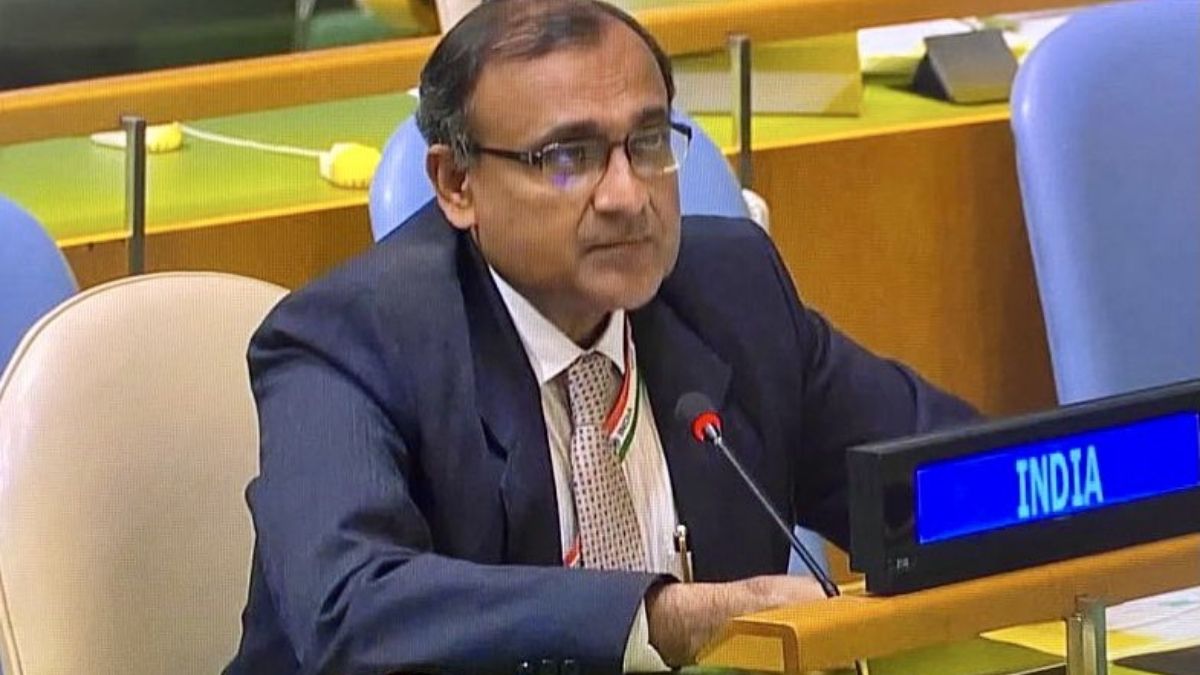
India on Friday voted to abstain from a resolution tabled at the UN General Assembly which expressed “grave concern” on the military coup in Myanmar. Defending its decision, India said that the resolution did not reflect the country’s views on the crisis in Myanmar.
It may be recalled that Myanmar’s military, known locally as Tatmadaw, had on 1 February this year taken over power from an elected government led by Aung San Suu Kyi accusing it of committing fraud in elections. Since the military coup, widespread protests have erupted across the country which has been suppressed brutally by the Tatmadaw, raising fears of a civil war in the country.
On Friday, the resolution titled ‘The situation in Myanmar’ was tabled at the UN General Assembly. The draft resolution got adopted by the UNGA after 119 member countries voted in favour of it. It was opposed by only one country- Belarus while 36 countries including India, China and Russia decided to abstain. All countries in the neighbourhood of Myanmar- India, Bangladesh, Thailand, Bhutan, Laos, Nepal and China abstained on the resolution which called on the military regime to release all political prisoners including the ex-State Counsellor Aung San Suu Kyi.
India’s ambassador to the United Nations T S Tirumurti defended the country’s decision to abstain citing that the resolution was not conducive towards its efforts to strengthen the democratic process in Myanmar. He stated the fact that all of Myanmar’s neighbours had abstained from the resolution and emphasised that this should “serve as an eye-opener to those who chose to pursue a hasty course of action.”
Watch 📺:
Explanation of India's vote by @AmbTSTirumurti at the adoption of #UNGA resolution on Myanmar 🇲🇲@MeaIndia pic.twitter.com/iwr3yV1A2r
— India at UN, NY (@IndiaUNNewYork) June 18, 2021
Tirumurti further said that while India was aware of the serious impact of political instability in Myanmar, its views had not been accepted during discussions on the draft resolution. “a consultative and constructive approach involving the neighbouring countries and the region, remains important” for a peaceful resolution, he added. The Indian ambassador expressed support for ASEAN’s efforts in this regard through the “Five-point consensus” and said that the UNGA resolution would be counterproductive to the efforts made by the ASEAN countries.
The resolution tabled and adopted by the UNGA expressed concern over the military coup in Myanmar and made many demands including the release of political prisoners, respect for human rights and allowing a sustained tradition of democracy in the country. It also called on other members of the UN to prevent the “flow of arms into Myanmar.”
